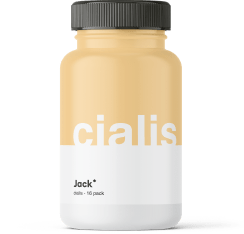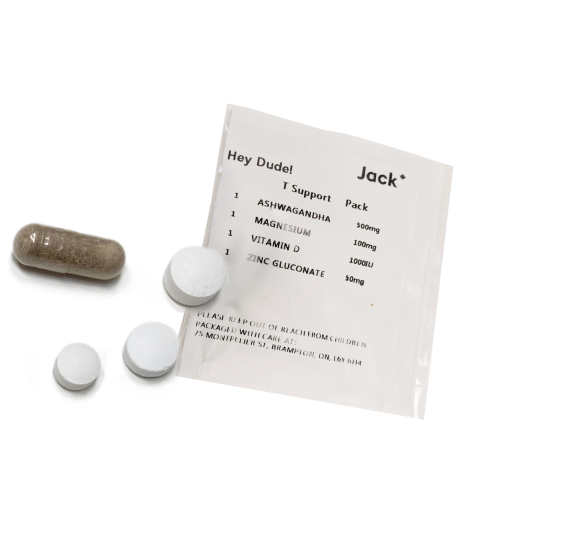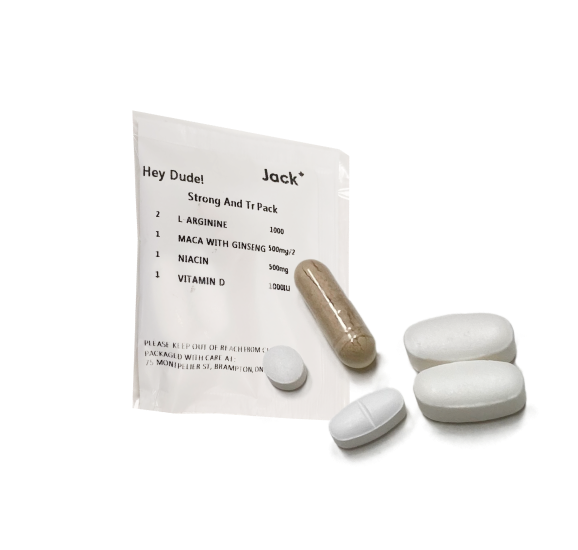Low testosterone, or male hypogonadism, occurs when the testicles don’t produce enough testosterone, affecting men of all ages, including those in their 20s. Testosterone is vital for male characteristics like muscle mass, bone density, and sexual function. The rise in low testosterone among men under 30 is linked to sedentary lifestyles, poor diets, exposure to toxins, and stress.
Diagnosing it can be tricky without typical symptoms like erectile dysfunction, and factors like obesity, diabetes, and drug use should be considered. Treatment for young men includes careful consideration of fertility impacts, with options like clomiphene citrate or lifestyle changes to naturally boost testosterone levels. This article discusses the importance of early diagnosis and tailored treatment to prevent long-term health issues and enhance life quality.
What is Low Testosterone (Male Hypogonadism)?
Low testosterone, also known as male hypogonadism or Low-T, is a condition in which the testicles do not produce enough testosterone, the primary male sex hormone. Testosterone plays a crucial role in men’s health, affecting various aspects of physical, mental, and sexual well-being.
Testosterone is essential for the development and maintenance of male characteristics, such as:
- Muscle mass and strength
- Bone density
- Body hair growth
- Deepening of the voice during puberty
- Sex drive (libido) and erectile function
- Sperm production
- Red blood cell production
- Energy levels and mood
The Importance of Testosterone in Men's Health
Testosterone is a vital hormone that plays a key role in maintaining overall health and well-being in men. Its importance extends beyond sexual function and masculinity, as it affects various systems and processes in the body.
Adequate testosterone levels are crucial for:
- Bone health: Testosterone helps maintain bone density and strength, reducing the risk of osteoporosis and fractures
- Muscle mass and strength: Testosterone promotes muscle growth and strength, which is essential for physical performance and metabolism
- Cardiovascular health: Low testosterone levels have been associated with an increased risk of cardiovascular diseases, such as angina pectoris and arteriosclerosis
- Metabolic health: Testosterone deficiency is linked to obesity, metabolic syndrome, and diabetes, highlighting its role in regulating metabolism
- Cognitive function: Testosterone may play a role in maintaining normal brain function, including mood, sex drive, and cognitive abilities
- Quality of life: Low testosterone can significantly impact a man’s quality of life, affecting his physical, mental, and sexual well-being
Given the wide-ranging effects of testosterone on men’s health, it is essential for individuals experiencing symptoms of low testosterone to consult with their healthcare provider. Proper diagnosis and treatment, such as testosterone replacement therapy (TRT), can help alleviate symptoms and improve overall health-related quality of life in men with hypogonadism.
If you’re interested in other TRT results, click the link to read on our insights.
Identifying Low Testosterone in Young Males
Low testosterone, or male hypogonadism, is a condition in which the testicles do not produce enough testosterone, the primary male sex hormone. While it is more common in older men, young males in their 20s can also experience low testosterone levels. Identifying and treating low testosterone early on is crucial for maintaining overall health and well-being.
Symptoms of Low Testosterone in Your 20s
Regardless of age, low testosterone can cause a variety of symptoms, including:
- Erectile dysfunction or difficulty maintaining an erection
- Decreased libido or sexual activity
- Infertility and reduced semen volume
- Rapid hair loss, including body and facial hair
- Reduced muscle mass and increased body fat
- Persistent fatigue, low energy levels, and sleep disturbances
- Brain fog, difficulty concentrating, and memory issues
- Mood changes, such as depression or irritability
- Enlarged breasts (gynecomastia)
- Decreased bone density and increased risk of fractures
Common Causes of Low Testosterone in Young Men
While age-related decline in testosterone levels typically begins around 30, several factors can contribute to low testosterone in younger men:
- Obesity, high cholesterol levels, and high blood pressure
- Excessive alcohol consumption and illegal drug use
- Anabolic steroid use and certain prescription medications (e.g., steroids, opiates)
- Medical conditions affecting the testicles, pituitary gland, or hypothalamus (e.g., tumors, injuries, inflammation)
- Genetic disorders, such as Klinefelter syndrome, Prader-Willi syndrome, or Kallmann syndrome
- Diabetes, liver disease, or HIV/AIDS
- Cancer treatments, including radiation and chemotherapy
How is Low Testosterone Diagnosed?
Low testosterone, or male hypogonadism, is diagnosed through a combination of medical history, physical examination, and blood tests. Your healthcare provider will assess your symptoms, risk factors, and overall health to determine if low testosterone may cause your concerns.
The most common diagnostic tool for low testosterone is a blood test that measures the level of testosterone in your bloodstream. Also, the testosterone level test kit is used as a diagnostic tool. Because testosterone levels fluctuate throughout the day, blood tests are usually performed in the morning when levels are highest.
The Canadian Urological Association and American Urological Association (AUA) considers a testosterone level below 300 nanograms per deciliter (ng/dL) to be low, although some healthcare providers may use a lower threshold of 250 ng/dL. It is important to note that a single low testosterone reading may not be sufficient for a diagnosis, as levels can vary due to factors such as illness or stress. Your doctor may recommend repeat testing to confirm consistently low levels. In addition to blood tests, your healthcare provider may perform the following to diagnose low testosterone:
- Physical examination: Assessing signs of low testosterone, such as reduced muscle mass, increased body fat, and decreased body hair.
- Semen analysis: Evaluating sperm count and quality, as low testosterone can affect fertility.
- Pituitary imaging: Checking for tumors or abnormalities in the pituitary gland that may be causing secondary hypogonadism.
- Genetic studies: Identifying genetic disorders, such as Klinefelter syndrome, that may contribute to low testosterone.
- Testicular biopsy: Examining testicular tissue for abnormalities or damage that may be causing primary hypogonadism.
Treatment Options
If you are diagnosed with low testosterone, your healthcare provider will work with you to develop a personalized treatment plan based on your age, symptoms, overall health, and personal preferences. Treatment options for low testosterone include testosterone replacement therapy (TRT) and alternative treatments or natural testosterone boosters.
Testosterone Replacement Therapy: Pros and Cons
Testosterone replacement therapy (TRT) is the most common treatment for low testosterone. It involves supplementing the body with exogenous testosterone to restore levels to a normal range. TRT can be administered through various methods, including:
- Intramuscular injections
- Transdermal patches or gels
- Buccal patches (applied to the gums)
- Subcutaneous pellets (implanted under the skin)
The benefits of TRT may include:
- Improved libido and sexual function
- Increased muscle mass and strength
- Reduced body fat
- Improved bone density
- Enhanced mood and cognitive function
- Increased energy levels and overall quality of life
However, TRT also carries potential risks and side effects, such as:
- Acne and oily skin
- Sleep apnea
- Enlarged prostate or benign prostatic hyperplasia (BPH)
- Increased risk of blood clots
- Testicular shrinkage
- Infertility due to reduced sperm production
- Gynecomastia (breast tissue growth)
- Mood swings or aggression
Your healthcare provider will monitor your testosterone levels and overall health closely during TRT to ensure the benefits outweigh the risks and to adjust your treatment plan as needed.
Alternative Treatments and Natural Testosterone Boosters
For some men, alternative treatments or natural testosterone boosters may be preferred over TRT. These options may include:
1. Lifestyle changes:
- Maintaining a healthy weight through a balanced diet and regular exercise.
- Getting enough sleep and managing stress levels.
- Avoiding excessive alcohol consumption and quitting smoking.
2. Natural supplements:
- D-aspartic acid: An amino acid that may increase testosterone production
- Vitamin D: Low vitamin D levels have been linked to low testosterone
- Zinc: Essential for testosterone production and may boost levels in deficient individuals
- Ashwagandha: An herb that may help increase testosterone levels and improve fertility
- Fenugreek: May increase testosterone levels and improve sexual function
3. Clomiphene citrate:
An off-label medication that stimulates the pituitary gland to produce more luteinizing hormone (LH) and follicle-stimulating hormone (FSH), which can increase testosterone production.
Risks and Considerations
When considering testosterone replacement therapy (TRT), it’s crucial to weigh the potential benefits against the possible risks. While TRT can offer relief from symptoms of low testosterone, it may also lead to side effects, long-term health concerns and might be costly (here’s how much TRT costs).
Potential Risks of Testosterone Therapy
While TRT can provide benefits for men with diagnosed hypogonadism, it also carries potential risks, including:
- Cardiovascular issues: Some studies suggest that TRT may increase the risk of heart attack, stroke, and death from cardiovascular disease, particularly in older men or those with pre-existing heart conditions.
- Prostate health concerns: Testosterone can stimulate the growth of both benign and malignant prostate cells. Men with untreated prostate cancer should not receive TRT, and those with benign prostatic hyperplasia (BPH) may experience worsening of symptoms.
- Sleep apnea: TRT may worsen or cause sleep apnea, a condition characterized by disrupted breathing during sleep.
- Polycythemia: Testosterone therapy can stimulate the production of red blood cells, leading to an increased risk of blood clots.
- Skin reactions: Topical testosterone formulations can cause skin irritation, acne, or oily skin in some men.
- Infertility: TRT can suppress sperm production and lead to infertility, which may be a concern for younger men who wish to father children.
- Gynecomastia: In some cases, TRT may cause enlargement of breast tissue in men.
Men considering TRT must discuss these potential risks with their healthcare provider and undergo regular monitoring to ensure safety.
Preventing and Managing Low Testosterone
While some causes of low testosterone are beyond our control, there are several lifestyle changes that can help prevent and manage low testosterone levels in young males (20s) and adult males.
Lifestyle Changes to Boost Testosterone Levels
- Weight management: Maintaining a healthy weight through a balanced diet and regular exercise can help improve testosterone levels and overall health.
- Physical activity: Engaging in regular exercise, particularly weight training, has been shown to boost testosterone levels and improve overall health.
- Sleep: Adequate, quality sleep is crucial for maintaining healthy testosterone levels. Sleep deprivation can lead to a decrease in testosterone production.
- Stress management: Chronic stress can negatively impact testosterone levels. Engaging in stress-reducing activities, such as meditation or yoga, may help improve hormone balance.
- Avoiding substance abuse: Excessive alcohol consumption and the use of illegal drugs, such as anabolic steroids, can disrupt testosterone production and lead to serious health consequences.
- Smoking cessation: Smoking can negatively affect testosterone levels and overall health.
Coping with the Emotional Impact of Low Testosterone
Low testosterone can have a significant emotional impact on men, affecting their self-esteem, confidence, and overall quality of life. Here are some strategies to cope with the emotional aspects of low testosterone:
- Educate yourself: Understanding the causes and effects of low testosterone can help you better manage your symptoms and make informed decisions about treatment options.
- Communicate with your partner: Open communication with your partner about your symptoms and concerns can help strengthen your relationship and provide emotional support.
- Seek support: Connect with others who are experiencing low testosterone through online forums, support groups, or counseling services.
- Practice self-care: Engage in activities that promote relaxation and well-being, such as hobbies, spending time with friends, or pursuing personal interests.
- Consult with a healthcare provider: If you are struggling with the emotional impact of low testosterone, discussing your concerns with a healthcare professional can help you develop a personalized plan to address your emotional needs.
By adopting a healthy lifestyle and addressing the emotional aspects of low testosterone, men can better manage their symptoms and improve their overall well-being.
Key Takeaways
- Low testosterone in men under 40 is linked to decreased sex drive, more body fat, low energy, and mood changes.
- Low testosterone is caused by sedentary lifestyles, exposure to toxins, and chronic stress or mental health issues.
- Diagnosing in young men is tough without clear symptoms like erectile dysfunction; factors like obesity and drug use are considered.
- First treatment step: lifestyle changes to mitigate risk factors.
- Careful treatment choice needed to avoid fertility impact.
- Untreated low testosterone risks: higher cardiovascular risk, lower bone density, sexual dysfunction, and poorer life quality.
Frequently Asked Questions
How Can Diet and Exercise Affect Testosterone Levels in Young Men?
Diet and exercise significantly impact testosterone levels in young men. A balanced diet rich in proteins, healthy fats, and vitamins can boost testosterone production. Regular physical activity, especially strength training and high-intensity interval training (HIIT), has been shown to increase testosterone levels. Conversely, excessive body fat and a sedentary lifestyle can lower testosterone levels.
Is Hormone Replacement Therapy Suitable for Men in Their 20s?
Hormone Replacement Therapy (HRT) can be suitable for men in their 20s with clinically low testosterone levels. However, it requires careful consideration due to potential side effects, including impacts on fertility. Alternatives that stimulate natural testosterone production without affecting spermatogenesis might be preferred. A healthcare provider can offer guidance based on individual health needs and fertility goals.
What Long-Term Health Implications Can Low Testosterone Have?
Low testosterone in men can lead to several long-term health implications, including increased risk of cardiovascular diseases, osteoporosis due to reduced bone density, muscle mass loss, fatigue, depression, and sexual dysfunction. It can also affect overall quality of life and well-being, making early diagnosis and management crucial.
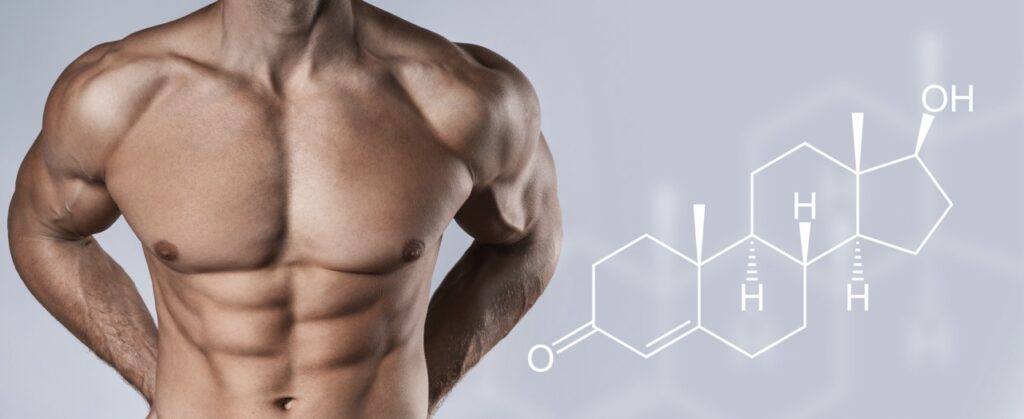




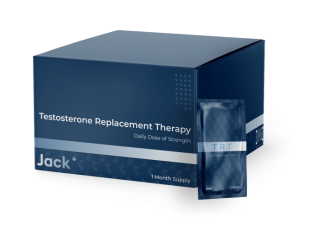
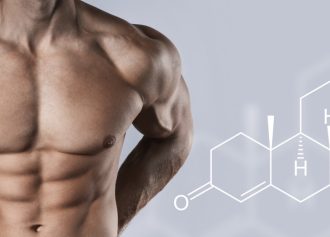
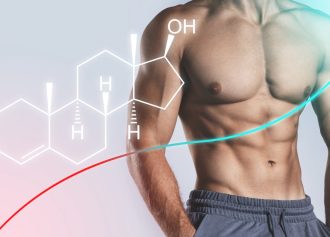
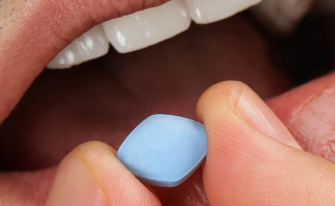






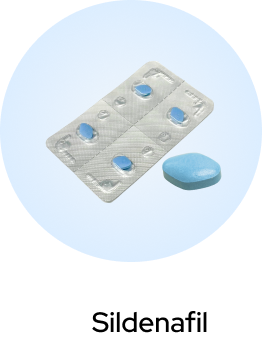
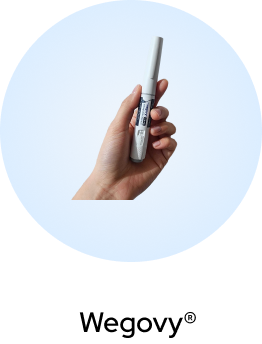
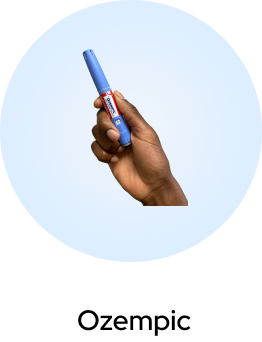


 (US)
(US)